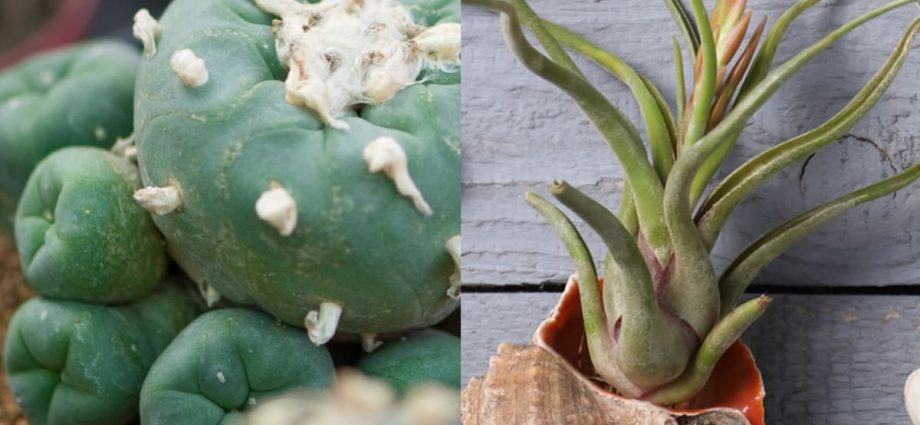
And finally, water. Goh isn’t a fan of dunking air plants in a tub to water them as “Singapore’s humidity is very high, so it’s difficult for the excess water to evaporate”. “I would recommend misting air plants instead,” he said. Remember: Mist the leaves, not the roots.
As for the misting frequency, create a routine, so you don’t have to second-guess if it’s time to water your plant babies, said Goh. “Gently mist them until they turn a darker colour to simulate the morning dew and fog they love, about two or three times a week; but not until they drip with water.”
Fertilising, however, is optional, said the air plant artisan. “If you want to enhance or quicken the growing experience, you can use liquid orchid fertiliser. It makes the airplant hardier as well,” he said. “Dilute the fertiliser to one-tenth of the recommended dosage. Then, pour it into a mist bottle and mist every two weeks.”
WHY DO MY HERBS ALWAYS DIE AFTER A WHILE?
Growing basil and rosemary seems like a good idea to keep your kitchen stocked with fresh herbs. But it isn’t practical anymore when they keep dying. What are you doing wrong?
It may not be your fault at all. “Herb plants such as basil and rosemary have a lifespan of about one to two months, so they won’t last long,” said Chia. “It’s good to let people know that, so they don’t get disheartened.”
But that doesn’t mean you have to keep buying a new pot of basil. “You can propagate or grow new herb plants by using their cuttings,” said Chia. The same goes for chilli, it seems. “You can grow from seeds after the parent plant starts to get exhausted and dies.”

